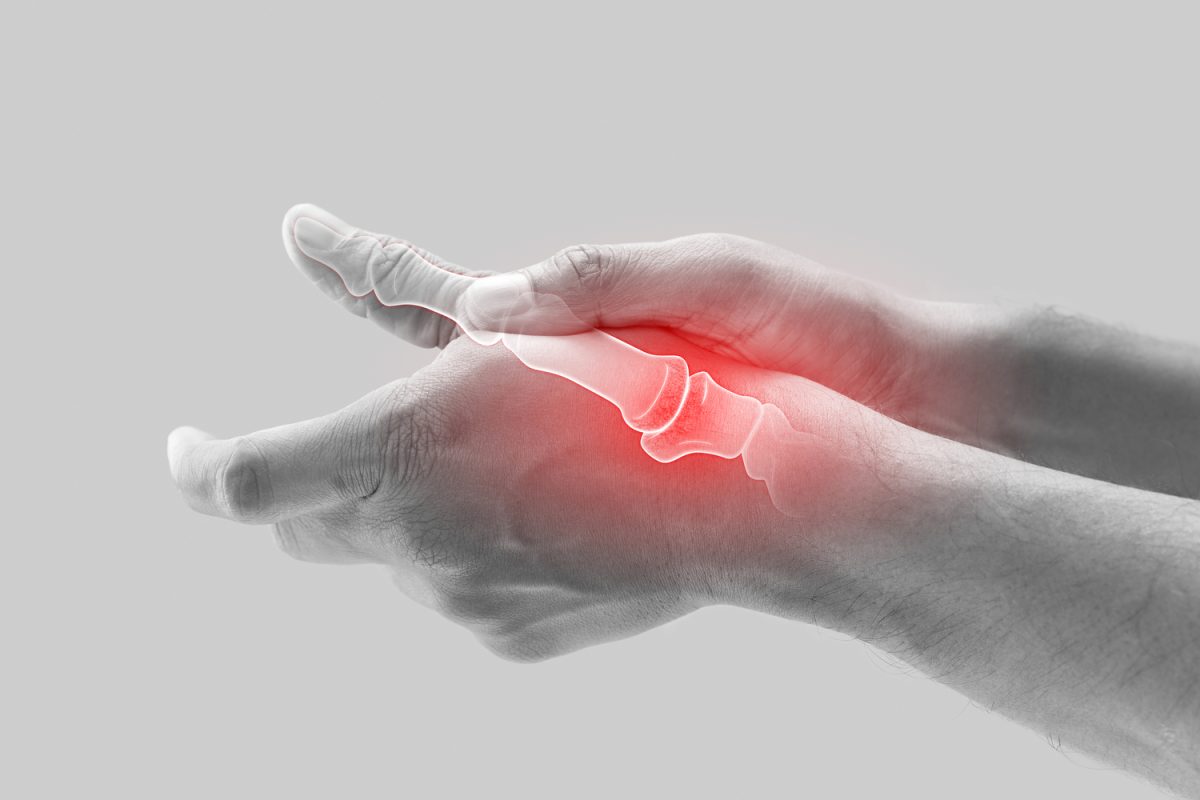University of Iowa researchers received a $2.7 million grant from the National Institutes of Health to continue an ongoing clinical study of knee osteoarthritis.
The study has followed 15,007 eastern Iowa residents who suffer from knee osteoarthritis, an inflammation of a joint that gradually causes the breakdown of cartilage in the joint and gradually fractures the bone, causing pain in the area.
James Torner, UI professor of epidemiology and primary investigator of data collection, has overseen the study since 2002. Other UI researchers work in a clinic in east Iowa City which houses an MRI machine and other medical equipment needed for collecting data.
The study is funded through a federal grant and the testing will take approximately five years to complete, Torner said. It will bring 1,100 people back to the clinic for testing and imaging.
Knee osteoarthritis concerns the joint that joins the femur and the tibia. Participants are all over the age of 45 and visit the clinic about two times a year for testing and interviews regarding the progression of their condition.
Another cohort of people with knee osteoarthritis is being studied at the University of Alabama and data is being processed at Boston University and the University of California-San Francisco.
Several factors can contribute to the inflammation of the knee joint such as diet, exercise, obesity, age, or prior injuries. In the newest cycle of the UI’s clinical study, researchers will focus on how diet and exercise impact those with osteoarthritis and how they can manage their condition.
Torner and researchers want to focus on people in Iowa primarily to track the exercise of rural farmers.
“One of the reasons why we’re doing [the study] here at the University of Iowa is we have a population of farmers and people who work in agriculture, et cetera,” Torner said. “So, we want to know if they have an increased risk of osteoarthritis.”
Participants in the study will wear a device akin to a Fitbit to track their physical activity on an average day. Their pain levels and physical knee structure will be recorded to understand how exercise can worsen or lessen the severity of people’s pain.
The clinic will also test how participants respond to exercise. Professor of physical therapy and rehabilitation science in the UI Carver School of Medicine Laura Frey Law works as a multi-primary investigator on the study and helps set exercise and physical therapy protocols for the clinic.
RELATED: UI study finds older people who weightlift live longer lives
“To be a part of something that’s trying to find answers for a problem that affects millions of people is one of the leading causes of disability in older adults is definitely something that is meaningful to me,” Frey Law said.
UI professor emeritus of epidemiology Robert Wallace shares Frey Law’s sentiments. Wallace has worked for the UI since 1972 with a career-long interest in the health problems of older people, which is how he got involved with Torner and the study.
“Arthritis is one of the most common and most disabling of the conditions that older people have,” Wallace said. “We’re doing a number of things to help and that’s really the gratifying part.”



